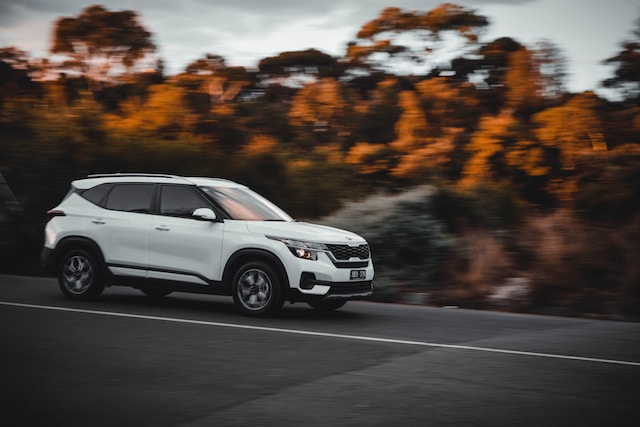Choosing the right car for your business is a crucial decision that can impact your company’s efficiency, image, and bottom line.
Whether you’re a sole trader, a small business owner, or part of a larger company, the vehicle you choose should align with your specific needs and objectives. Here are some key factors to consider when selecting the right car for your business.
1. Define Your Business Needs:
Start by identifying the primary purpose of the vehicle in your business operations. Are you transporting goods, carrying passengers, or making sales calls? Knowing your specific needs will help narrow down your options.
2. Set Your Budget:
Determine your budget for acquiring and maintaining the vehicle. Consider not only the purchase price, but also ongoing expenses such as insurance, fuel, maintenance, and depreciation.
3. Vehicle Type:
Depending on your needs, you might consider various types of vehicles, including sedans, SUVs, vans, trucks, or specialty vehicles like electric cars or hybrids. Consider factors like cargo space, seating capacity, and fuel efficiency.
4. Branding and Image:
Your business vehicle can serve as an advertising medium. Consider how the vehicle’s appearance and branding align with your company’s image and values. A well-branded vehicle can help boost your brand’s visibility and professionalism.
5. Fuel Efficiency:
Fuel costs are a significant ongoing expense. Opt for vehicles that offer good fuel efficiency, especially if your business involves a lot of driving. Hybrid or electric vehicles can also be eco-friendly and cost-effective choices.

6. Maintenance and Repairs:
Investigate the maintenance and repair history of the vehicle you’re considering. Some car models are known for their reliability and require fewer repairs over time. Reliable vehicles can reduce downtime and operational costs.
7. Safety Features:
Safety should be a top priority for any business vehicle. Look for vehicles equipped with advanced safety features such as AEB, lane-departure warning, cross-traffic alerts, and collision avoidance systems. High safety ratings can also lead to lower insurance premiums.
8. Resale Value:
Consider the vehicle’s expected resale value. Some brands and models hold their value better than others, which can be important if you plan to sell or upgrade your business vehicle in the future.
9. Tax Considerations:
Consult with a tax professional to understand how different vehicles may impact your business taxes. In some cases, you may be eligible for tax incentives or deductions related to vehicle purchases.
10. Financing:
Explore financing options such as buying, leasing, or financing through a business loan. Each option has its own advantages and considerations, so choose the one that best fits your financial situation.
Choosing the right car for your business involves careful consideration of your specific needs, budget constraints, and long-term objectives. By taking the time to assess these factors and conduct thorough research, you can select a vehicle that enhances your business operations, and may even offer tax benefits. Keep in mind that the right business vehicle can play a significant role in your company’s success and growth.
The Fincar team is here to help you with all your financing needs. Contact us today to help arrange your next car or equipment loan.
